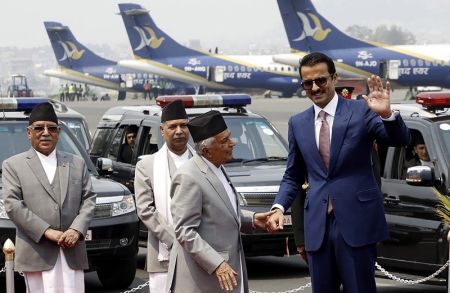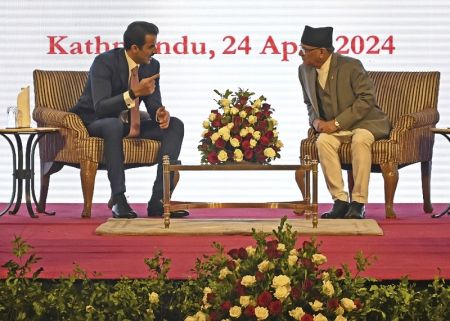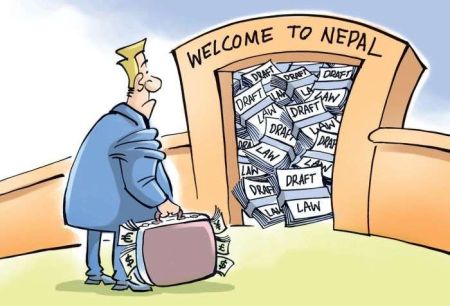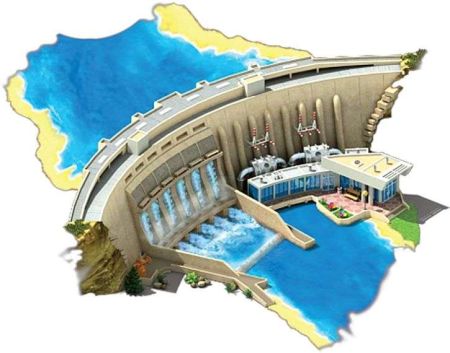 Ihab A. Sorial
Ihab A. Sorial
Senior Vice President, International Sales
Oman Air
Oman Air, the national airline of Oman, operates domestic andinternational passenger service and regional air taxi and chartered flights. It began its service in Nepal in 2010. Having started with four flights per week, it has now reached 15 flights a week.The airline,which plans to increase its flight frequency in Nepal, is focusing on increasing the number of business class passengers and organising familiarisation trips for travel agents and corporate staff.
Ihab A. Sorial, Senior Vice President, International Sales at Oman Air was recently in Nepal for his regular business visit. Sorial, who joined Oman Air in April 2016, has been in the aviation sector for 30 years. Prior to Oman Air, he was engaged with various airlines including Qatar Airways, Air France KLM and KLM Royal Dutch Airlines. New Business Age talked with him about Oman Air’s experiences and future plans in Nepal. Excerpts:
Tell us about the purpose of your visit.
This is my first visit to Nepal after joining Oman Air. I regularly visit business sites to review them and combine our visits with meeting our customers as well. This time, we did a get together programme for the corporate sector, our frequent fliers and suppliers. It gave us a chance to interact with our guests. It was a great opportunity for me to see how people represent Oman and to understand the scenario here.
How has the business growth of Oman Air been like in Nepal for the last seven years?
The growth has been exponential. Initially,we just had four flights. We took it to seven by 2011 and 15 by 2016. We are growing gradually and have succeeded in capturing a good market share.
What about the growth in occupancy rate?
Occupancy rate is high for Oman Air especially in economy class where working classes are the main passengers. Now, we also want to focus on business class. We need to familiarise our guests with business class. For this, we are doing familiarisation trips with numerous travel agents and our corporate staff anddon’t miss any opportunity to show our business class seats to potential clients. We want more people to experience our excellent services at business class seats for which wehave received numerous international accolades.
At present, which destinations is Oman Air flying to from Nepal?
Oman Air flies to around 50 destinations globally. From Nepal, we fly to Muscat, Europe and the countries fromGulf Cooperation Council (GCC) - Saudi Arabia, Kuwait, United Arab Emirates, Qatar, Bahrain and Oman. We are trying to promote Europe as a destination in Nepal because it is a different segment and will give us better yields. We want to diversify to other segments by pushingtowards Europe, Africa and other tourist destinations as well.
How do you evaluate the market for international airlines operating in Nepal?
The Nepali market is ready for international airlines. The airport is getting upgraded and the government is working to facilitatepassengers with improved services. The airport will be able to attract international airlines once the infrastructures are fully improved. We also believe that the new terminal built at the Muscat International Airport will be a new USP for branding Oman Air in other countries including Nepal.
What are the challengesthat you faced operating in Nepal?
One of the challenges is external competition. However, we are an airline that is driven by healthy competition. Nepal’s airport infrastructure is still a challenge for both domestic and international airlines. We hope it will gradually improve. Post-earthquake, the market was quite challenging as people avoided travelling to Nepal. That phase has passed and we are doing well now.
How can the government address the problems faced by the airline industry?
We continuously communicate our needs to the government here.We are definitely concerned about entitlements, frequencies and flights. One crucial area of concern is the high operating cost for the airline.Factors such as increase in oil prices and even changing geo-political scenes affect the airline business making it a volatile business. As the airline business is passing through turmoil, the government can help us by reducing the charges to operate airlines.
Are there any plans for the airlines to connect Nepal to new destinations?
Rather than just increasing destinations, our plan is to do better in the existing market. We want depth in our business and service. We will increase our flight frequency only when the market will allow us.





















